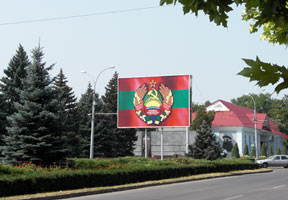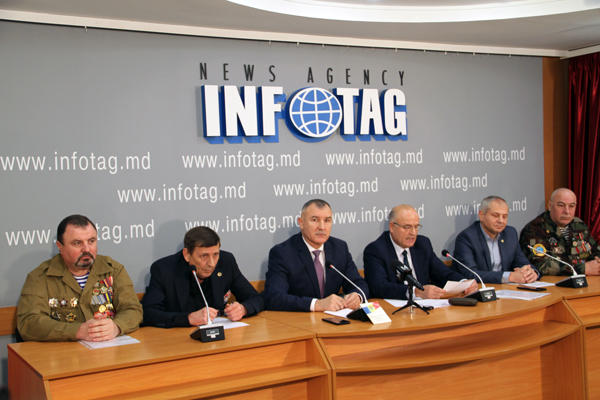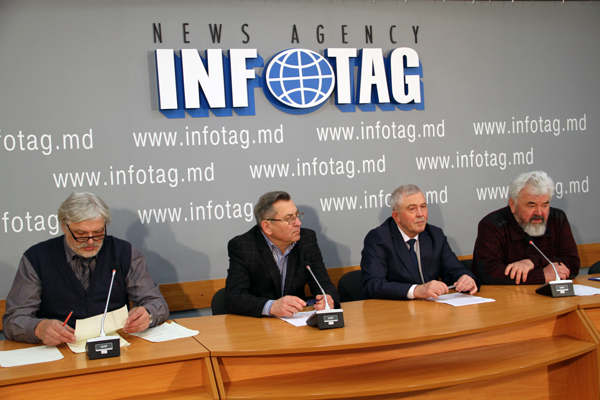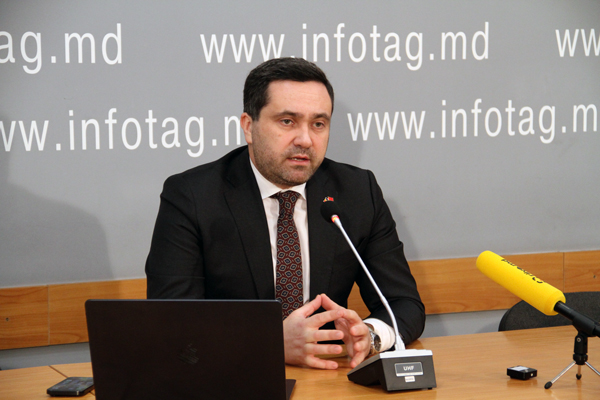Transnistria and Gagauzia
PREMIER FILIP SAYS CHISINAU DOES HAVE POLITICAL WILL TO SOLVE PROBLEMS IN RELATIONS WITH TRANSNISTRIA

The official Chisinau has a political will to resolve the problems remaining in the relationship with Transnistria and to work out concrete measures for discussing at the forthcoming annual conference in Bavaria, Moldovan Prime Minister Pavel Filip stated in his meeting with the Special Representative of the German OSCE Chairperson-in-Office for the Transnistrian Settlement Process, Ambassador Cord Meier-Klodt, held in Chisinau on Thursday.
Filip thanked the Special Representative for his and his country’s efforts that added to the resumption of the 5+2 format negotiations and for the good organization of the Berlin round of talks, which the Prime Minister called “a common success of all negotiating process stakeholders”.
The Premier confirmed Moldova is determined to implement the Berlin accords and stressed that the Protocol signed in Berlin is a roadmap for the forthcoming Bavaria Conference.
“We have worked out a plan to achieve this goal that contains our actions planned for every day both within profiled expert groups and in the framework of negotiations between the sides as a whole”, said Pavel Filip, and stressed that one of the items in the Berlin Protocol – on environment protection – has already been fulfilled.
“Also, a substantial success has been achieved in the Apostilling of diplomas [see below] issued by Transnistrian educational institutions. Energetic activities are underway in profiled expert groups and at the level of Chisinau and Tiraspol Political Representatives to conclude an agreement to resume telephone communication between the two parts of the country, to achieve solutions in the sphere of criminal litigations started against each other’s officials, and to ensure an unimpeded movement of the sides’ officials on both Dniester River sides.
Ambassador Cord Meier-Klodt highly appreciated the negotiation participants’ contribution to the resumption of the 5+2 format negotiations, and stressed the need to work hard to realize the Berlin Protocol that is a roadmap for the forthcoming Bavaria Conference.
The German diplomat said it is necessary to achieve viable solutions for Apostilling the diplomas issued by Transnistrian educational institutions, to introduce a mechanism that would let Transnistrian motor vehicles to international road traffic, and restore telephone communication between the two Dniester sides.
Infotag’s dossier: The 1961 Hague Convention Abolishing the Requirement of Legalization for Foreign Public Documents, the Apostille Convention, or the Apostille Treaty is an international treaty drafted by The Hague Conference on Private International Law. It specifies the modalities through which a document issued in one of the signatory countries can be certified for legal purposes in all the other signatory states. Such a certification is called an apostille (French: a marginal note). It is an international certification comparable to a notarization on domestic law, and normally supplements a local notarization of the document.
























Add Comment